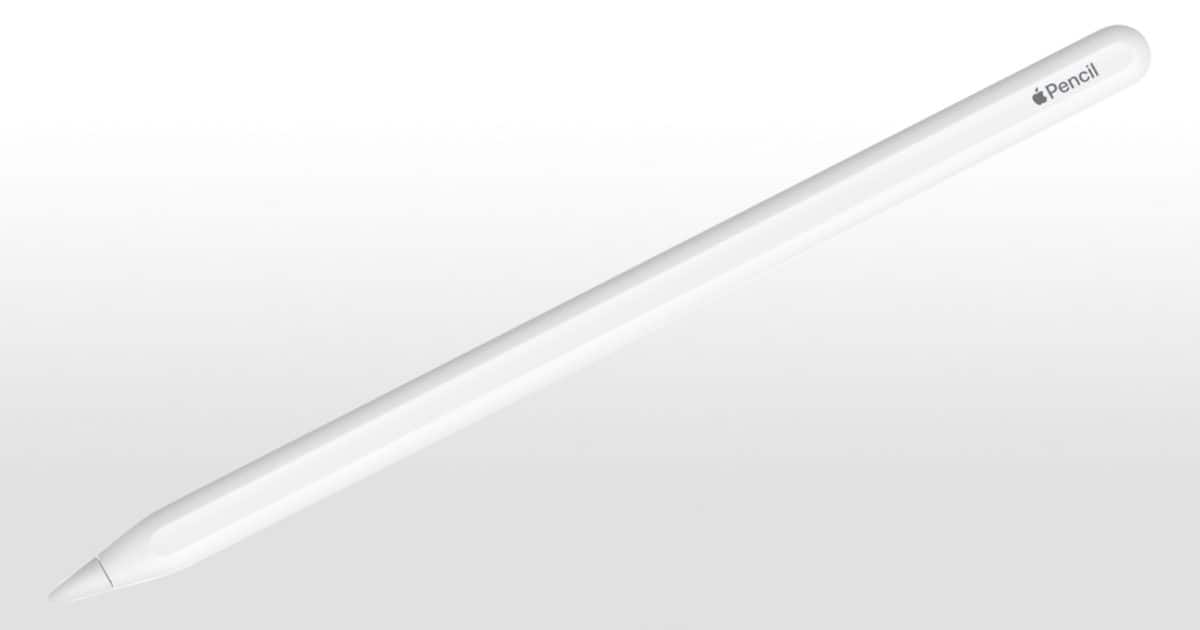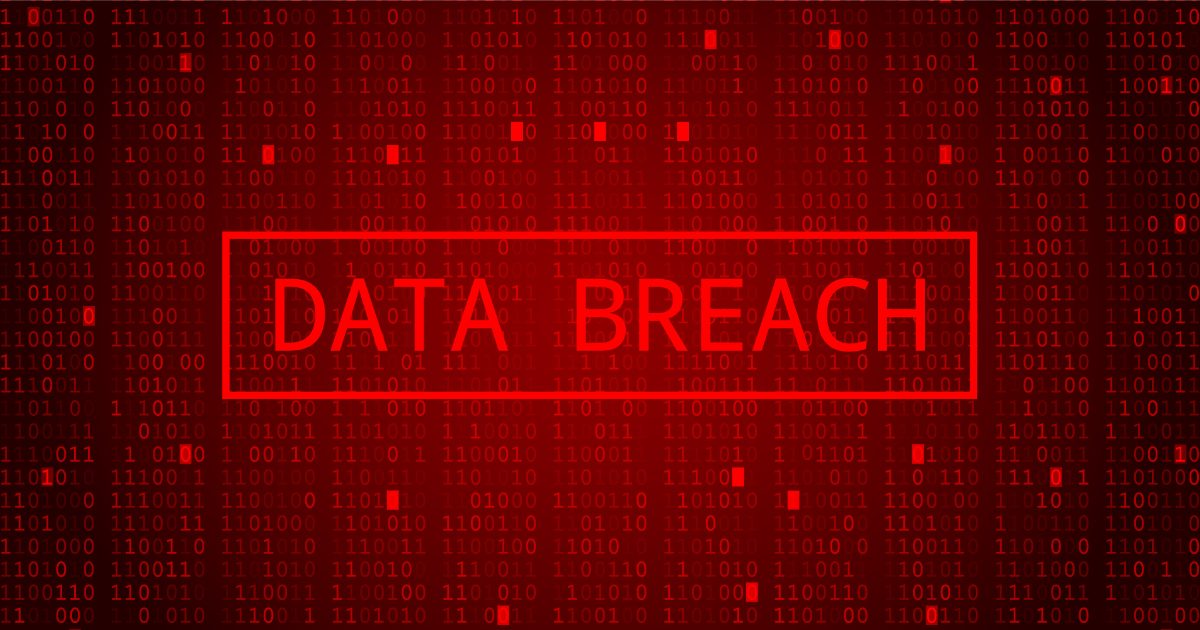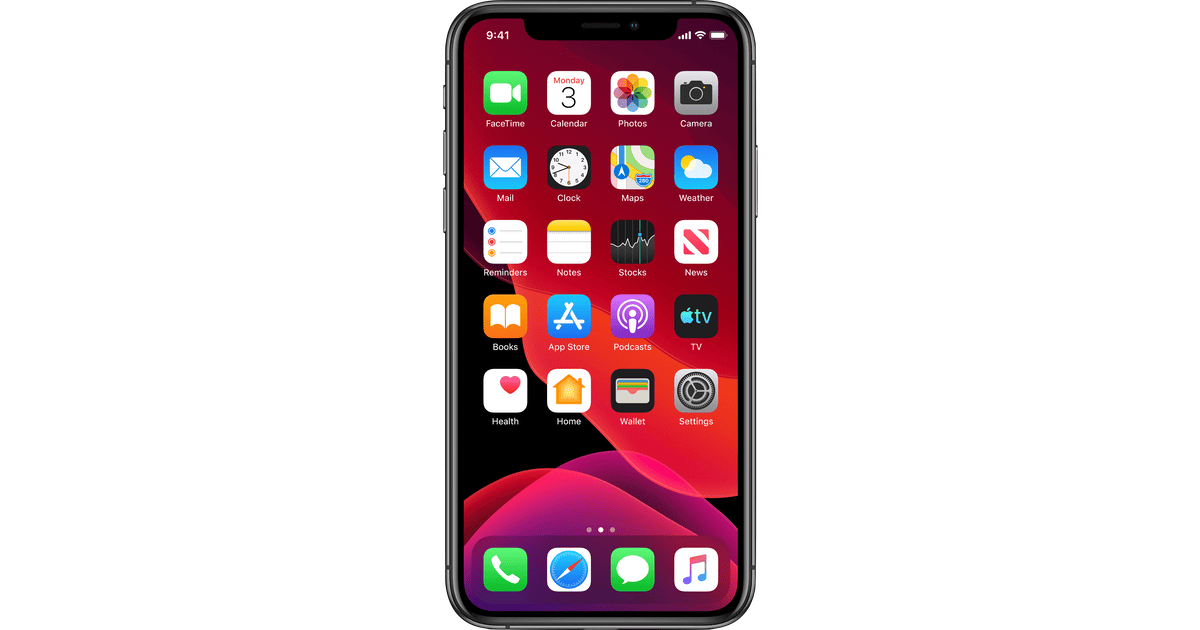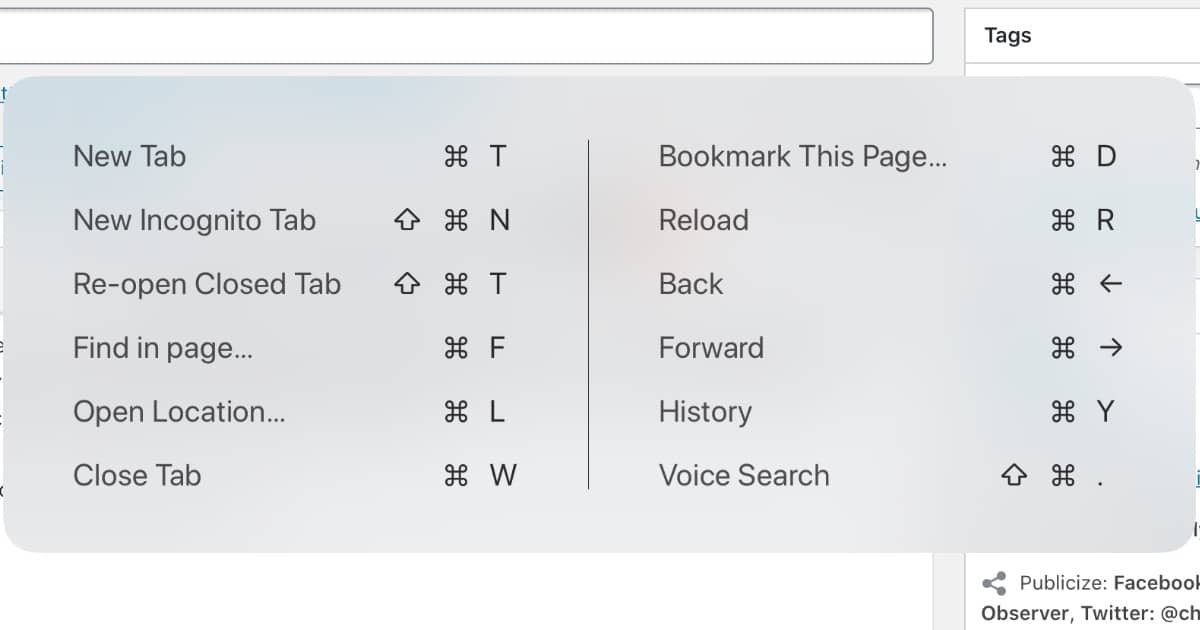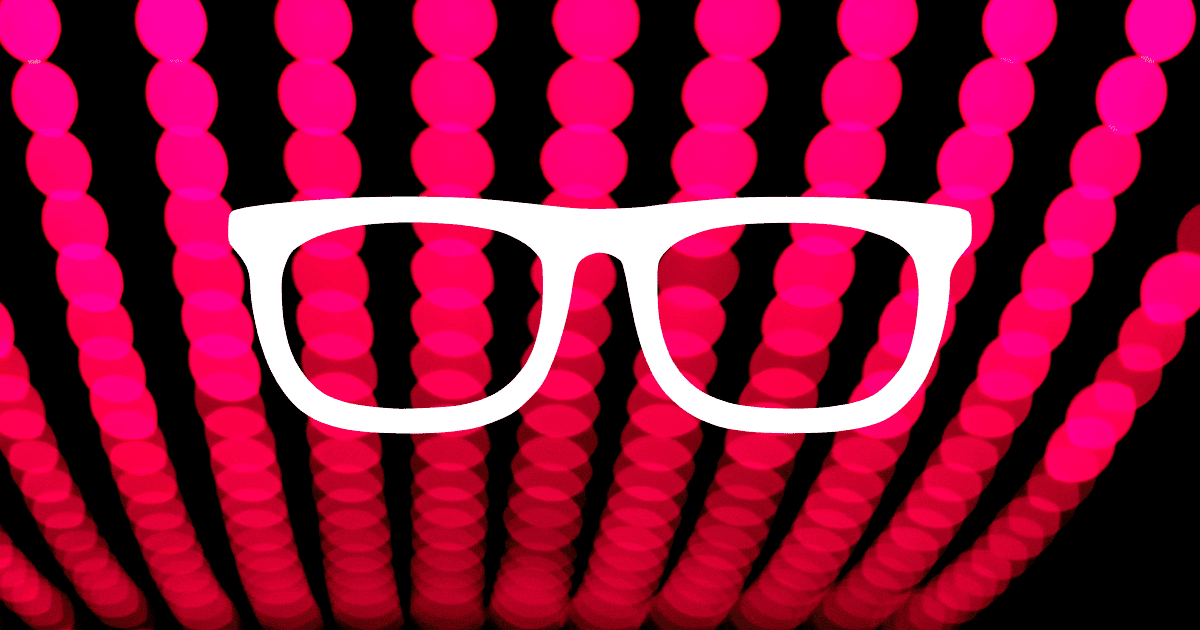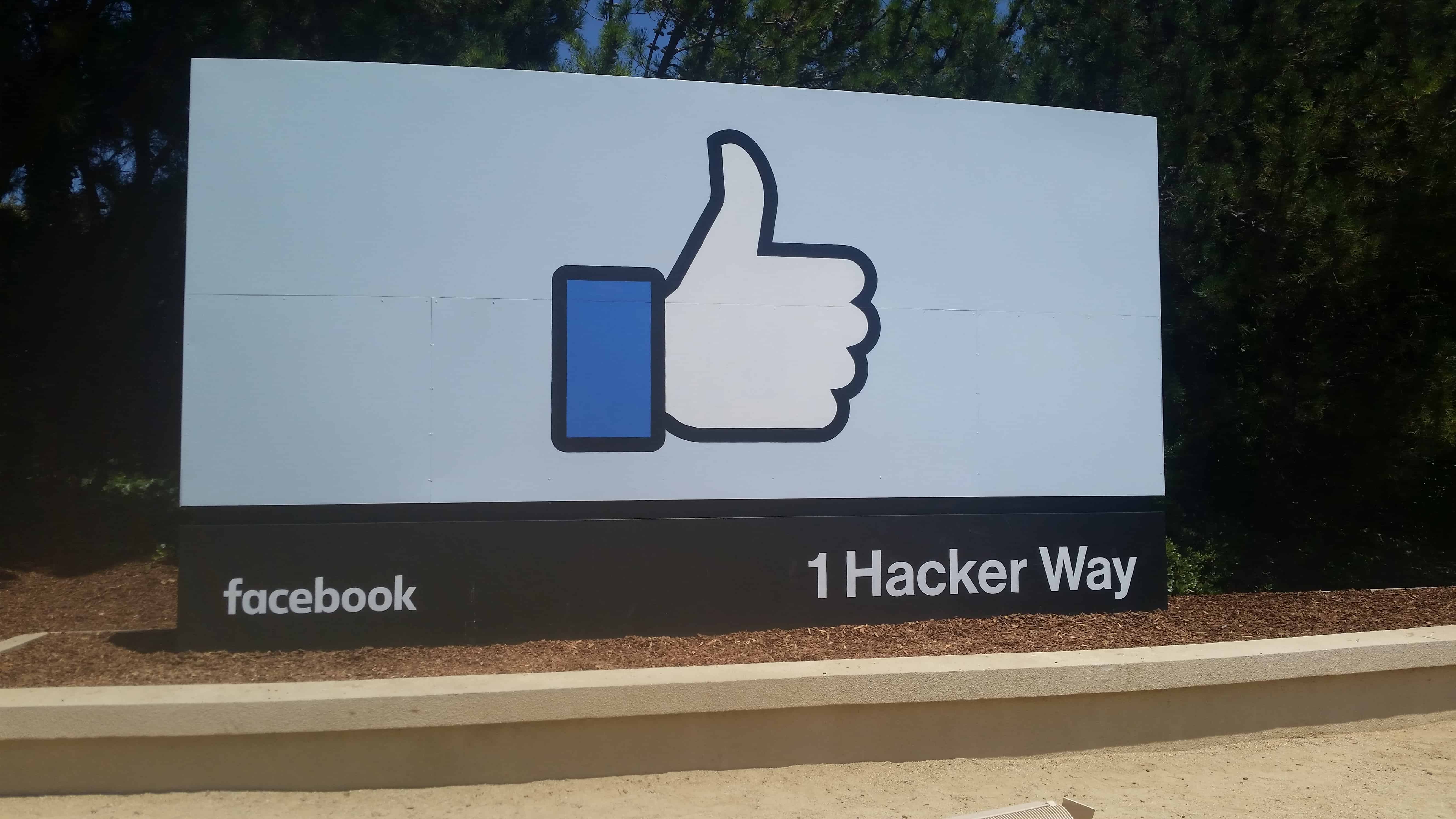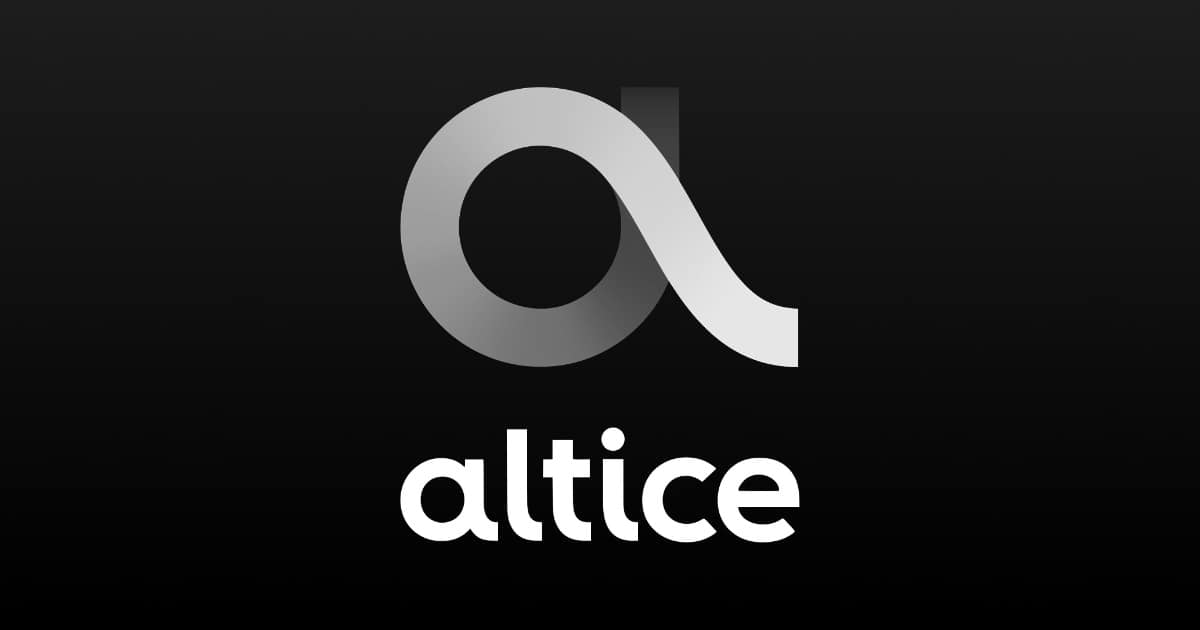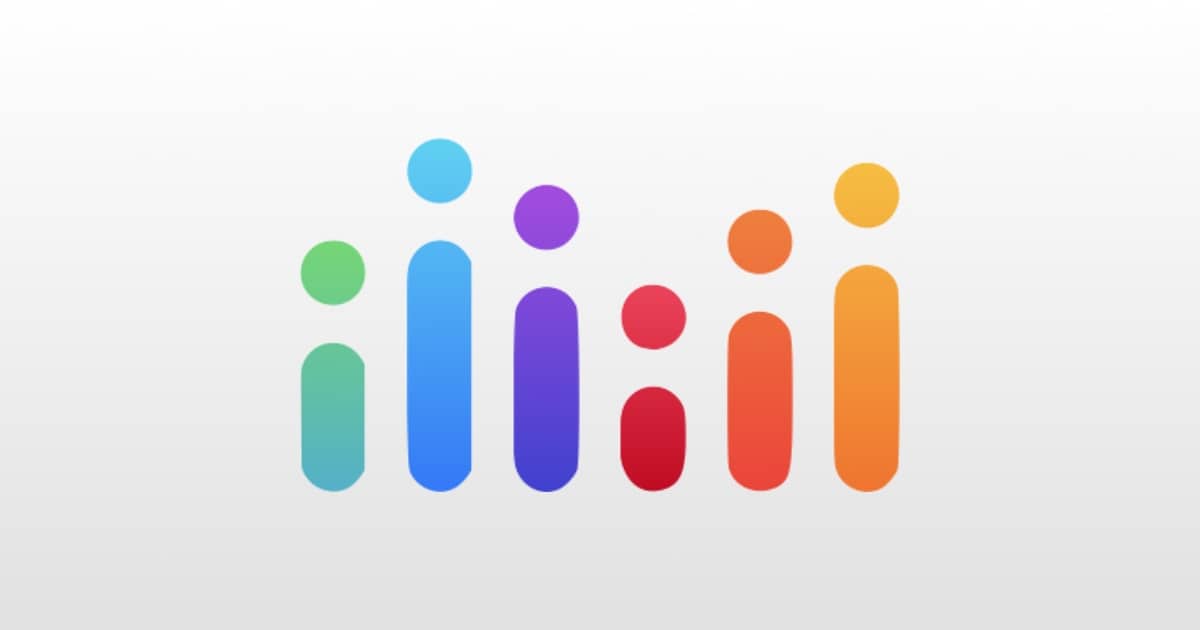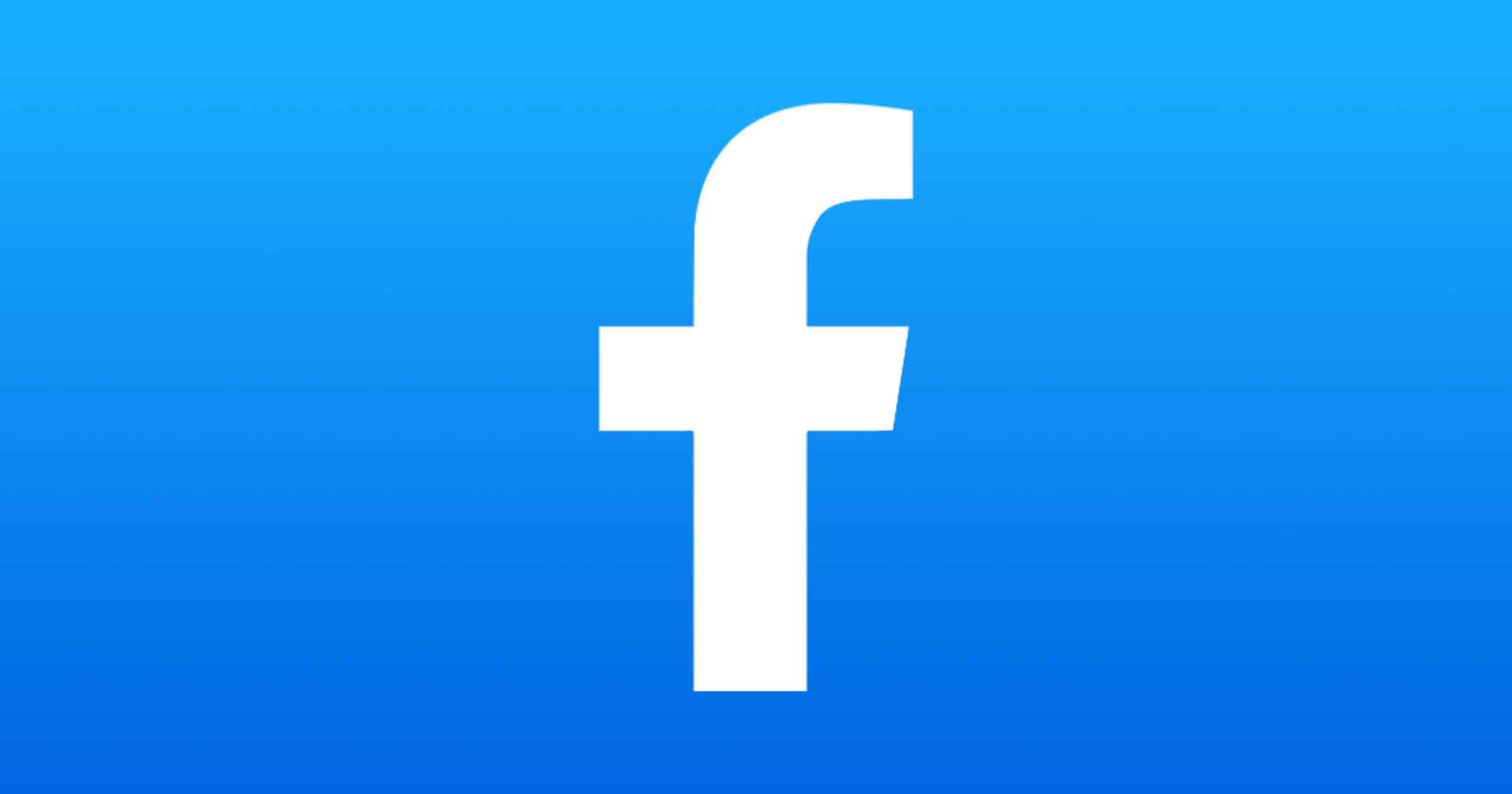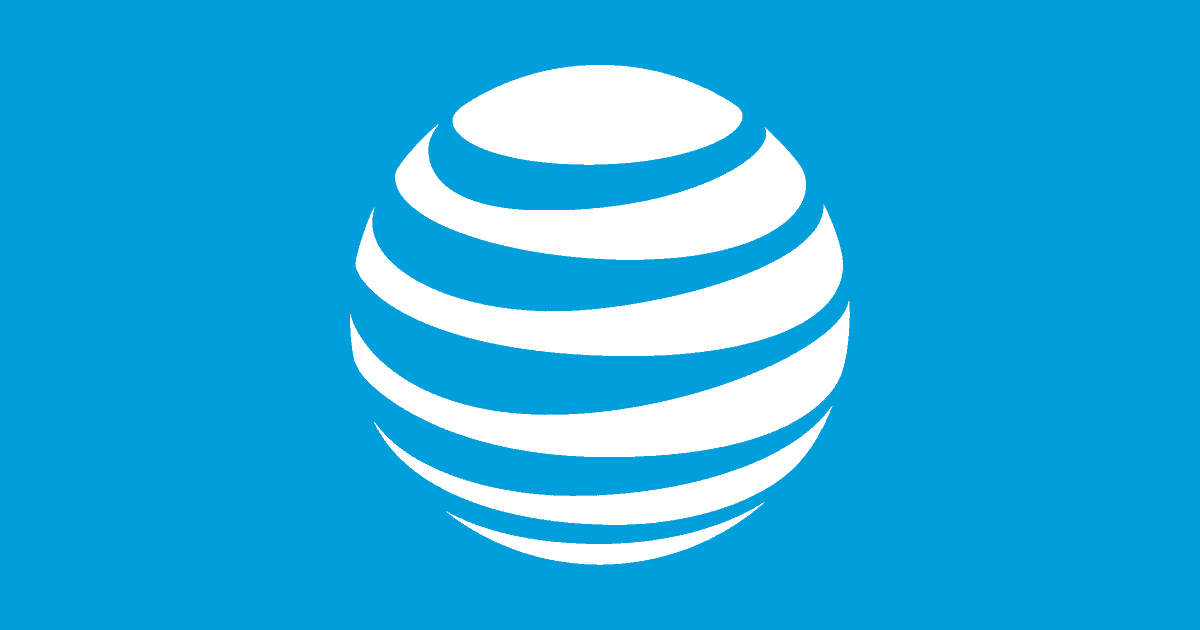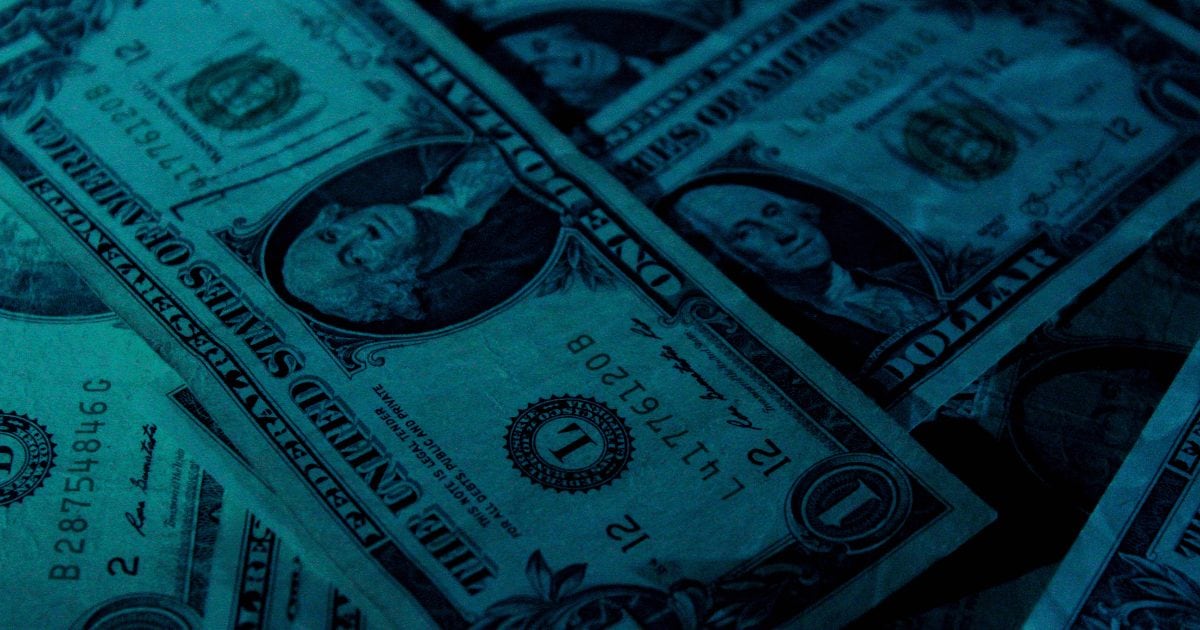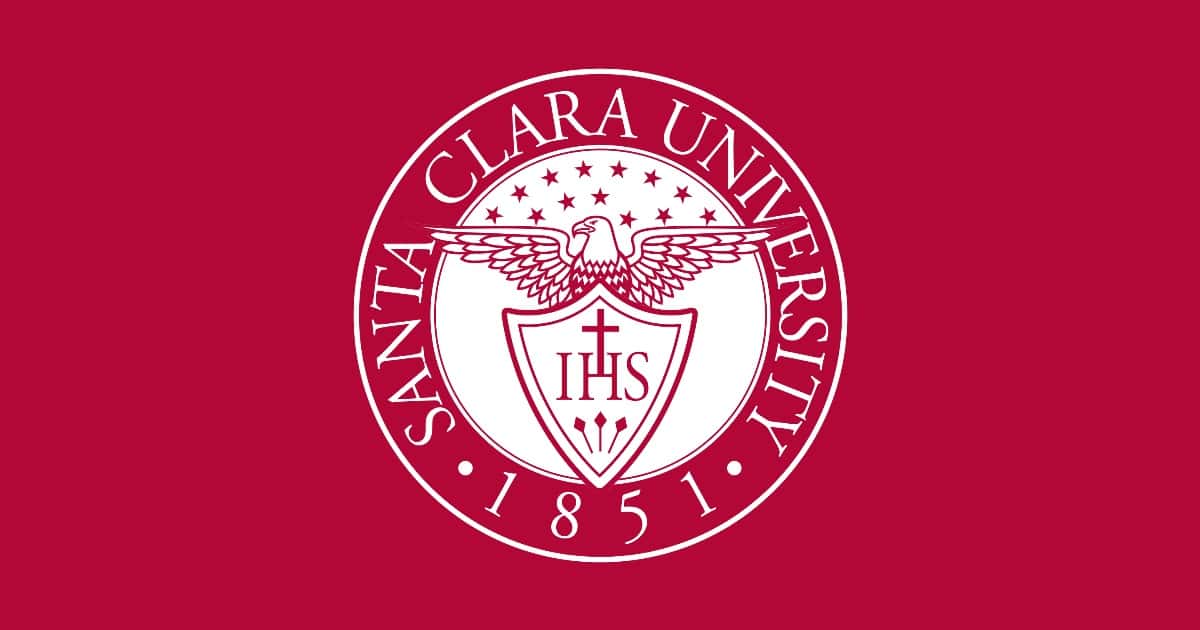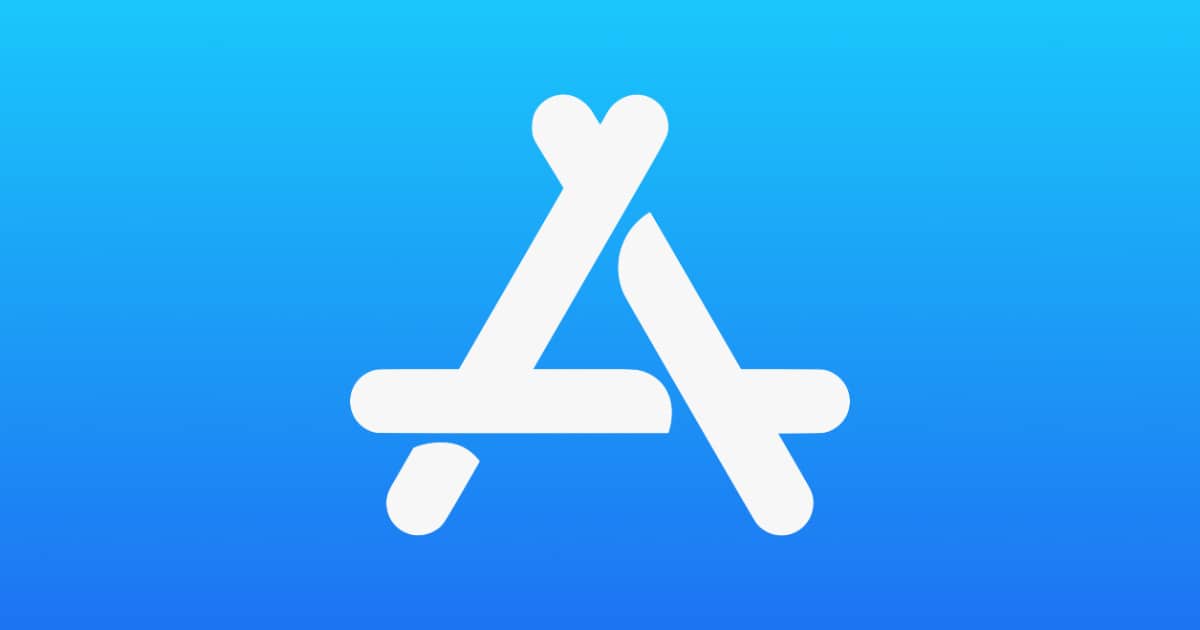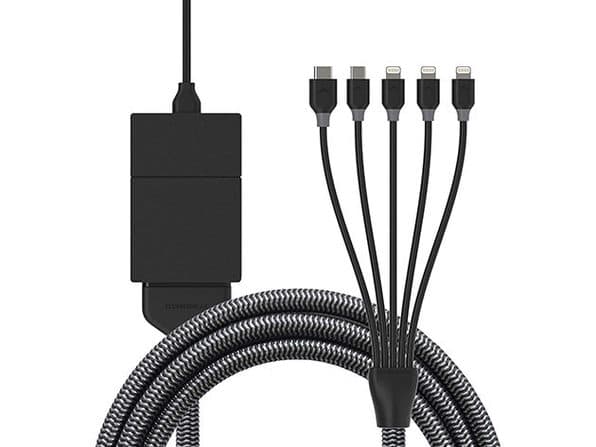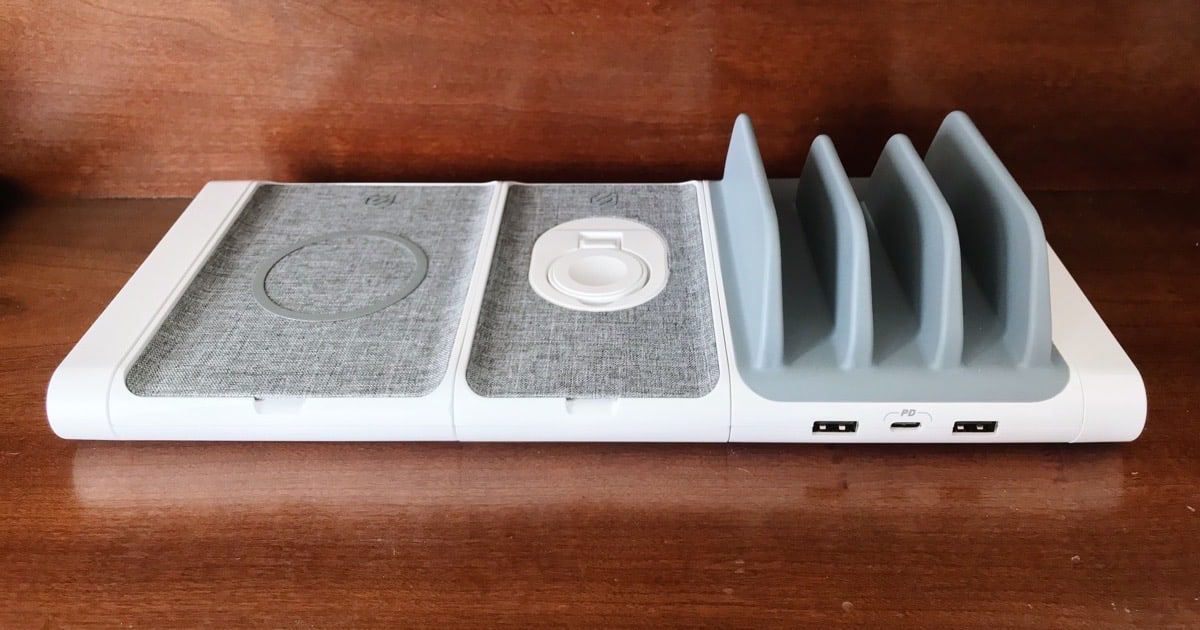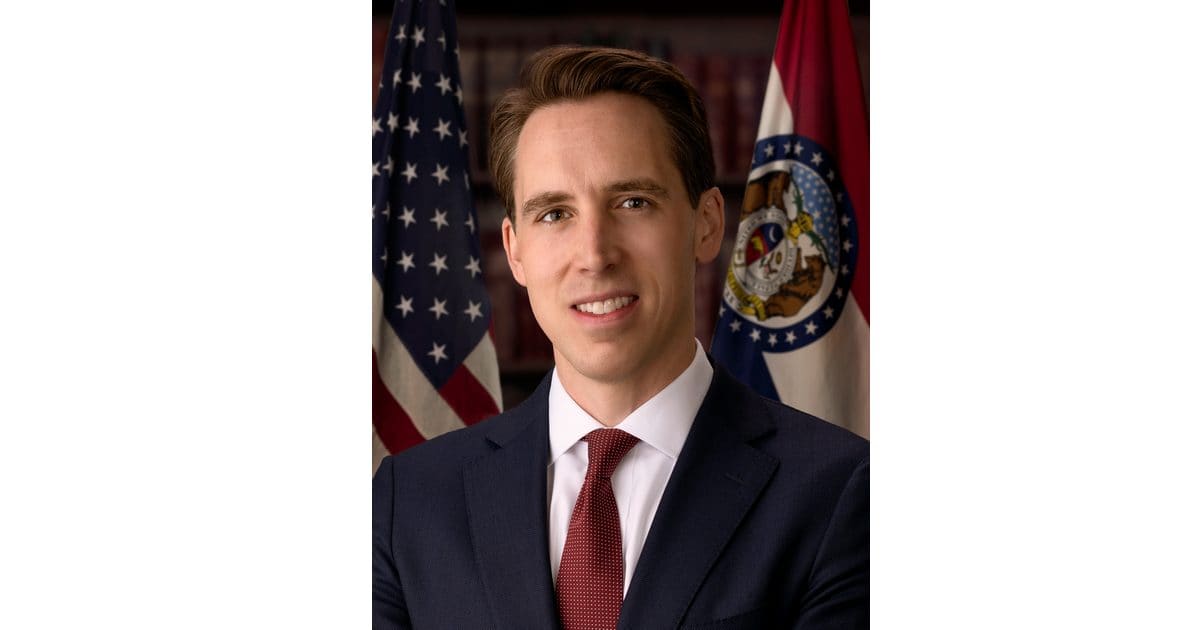Amazon Transcribe has made a good step forward in protecting users’ privacy. It now allows personally identifiable information (PII) – social security numbers, credit card details and the like – to be automatically redacted, VentureBeat reported.
Amazon Transcribe is part of Amazon’s AWS cloud unit and was launched in general availability in 2018. An automatic speech recognition (ASR) service, Transcribe enables enterprise customers to convert speech into text, which can help make audio content searchable from a database, for example. Contact centers can also use the tool to mine call data for insights and sentiment analysis. However, privacy issues have cast a spotlight on how technology companies store and manage consumers’ data. Text-to-speech services can be used to search for keywords and sentiment at a later date, but phone calls often feature significant private data that may be transcribed by Amazon and stored in a searchable database — even if that information is not necessary for analysis. Meanwhile, regulations are springing up around the world to protect consumer data — including the recently implemented California Consumer Privacy Act (CCPA) and Europe’s General Data Protection Regulation (GDPR).



